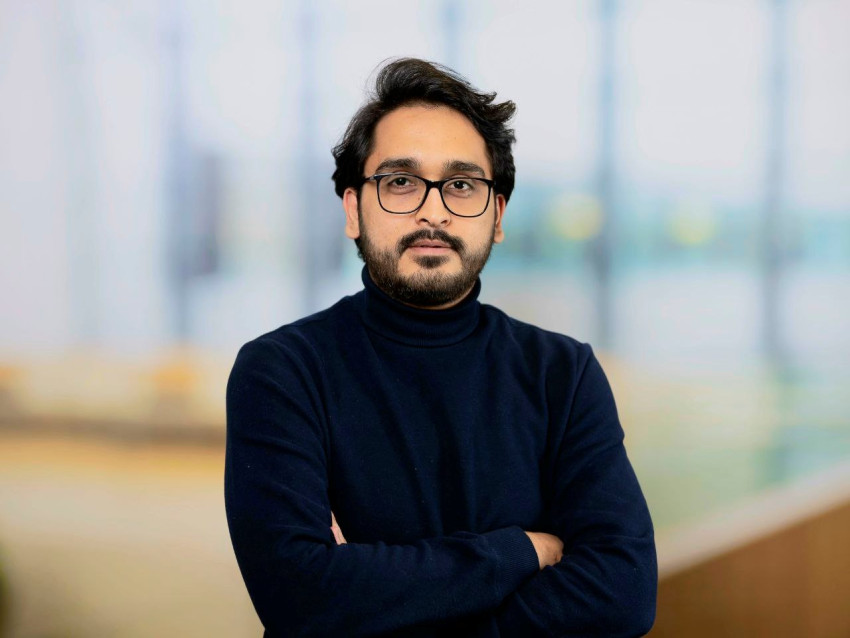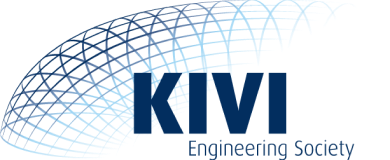Motivation Mahdi Mohajeri
Mahdi Mohajeri, PED Track, TU Delft – ISPT ReCoVR program – Electrochemical CO Separation.
As an EngD graduate from TU Delft, I am honored to apply for the KIVI EngD Award. I believe I deserve this recognition because my EngD project — Electrochemical CO Separation: Modelling, Simulation and Techno-Economic Evaluation — exemplifies the EngD spirit of bridging advanced scientific innovation with industrial applicability and societal benefit.
This work was part of the ISPT ReCoVR program, conducted in collaboration with, ArcelorMittal, TNO, and Dow Chemicals, within the Electrochemical Flow Systems lab at TU Delft. While the electrochemical separation concept itself was being demonstrated at laboratory scale by a PhD colleague, my contribution focused on translating this emerging idea into an industrially relevant process. I developed the first integrated modelling, simulation, and techno-economic framework capable of assessing this technology at large scale — quantifying its performance, defining engineering targets, and identifying the conditions under which it can become a viable alternative to conventional CO-separation methods.
The innovation of this project lies in this translation from concept to feasibility. Through detailed process modelling, I created a robust, scalable representation of the electrochemical CO-separation system, capturing the complex coupling between electrochemical kinetics, thermodynamics, and process operation. The model allowed me to define the optimal operating window and to perform an extensive sensitivity analysis on key parameters such as binding constant, current density, and absorber pressure. These analyses identified clear design targets that both academia and industry can pursue to make the technology practical: energy reduction from 15 to 1 kWh per kg CO, and cost reduction from € 3500 to around € 500 per tonne CO through improvements in cell design, current density, etc.
The impact of this technology — particularly for the steel industry — is profound. Partnering with ArcelorMittal, I evaluated the integration of this process for CO recovery from blast-furnace gas streams, which are currently combusted and flared. Recovering CO from these streams could reduce CO2 emissions by 21–34%, while recycling 77% of the CO generated across the European steel sector — enough to meet Europe’s total demand for ethanol and methanol feedstocks. My work demonstrated that electrochemical CO separation can achieve > 99% purity, > 90% recovery and offers a pathway toward electrified, circular-carbon steelmaking.
Equally important, this project showcases collaborative leadership — connecting academic research at TU Delft with industrial perspectives from ArcelorMittal, TNO, and Dow. Working within a multidisciplinary environment, I translated scientific insights into engineering language that industry could apply, and built a bridge between experimental discovery and industrial design.
For me, this project embodies the mission of the EngD program: to engineer the transition from potential to reality. By integrating modelling precision, industrial practicality, and societal purpose, I helped chart a feasible route for electrochemical CO separation to become a cornerstone of sustainable carbon-resource recovery.
Receiving the KIVI EngD Award would recognize not only this contribution but also the broader role of EngD engineers as catalysts for real-world impact — translating ideas that matter into solutions that work
Vote for Mahdi
